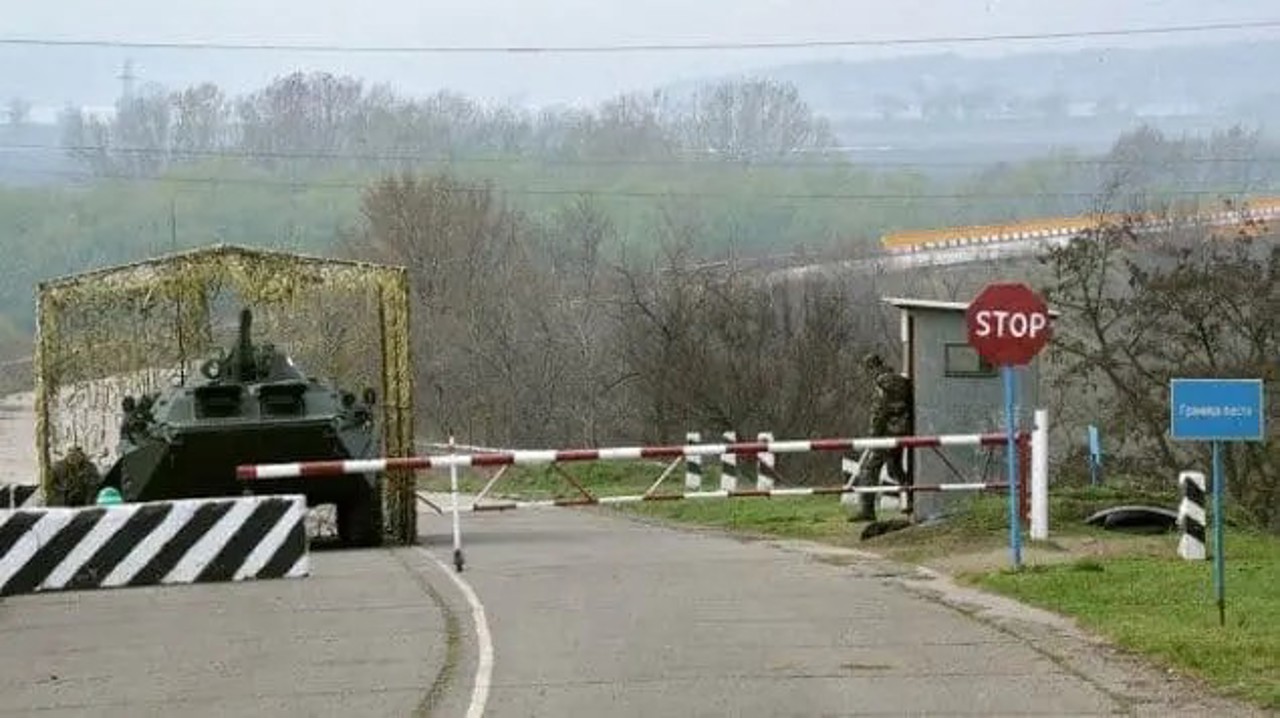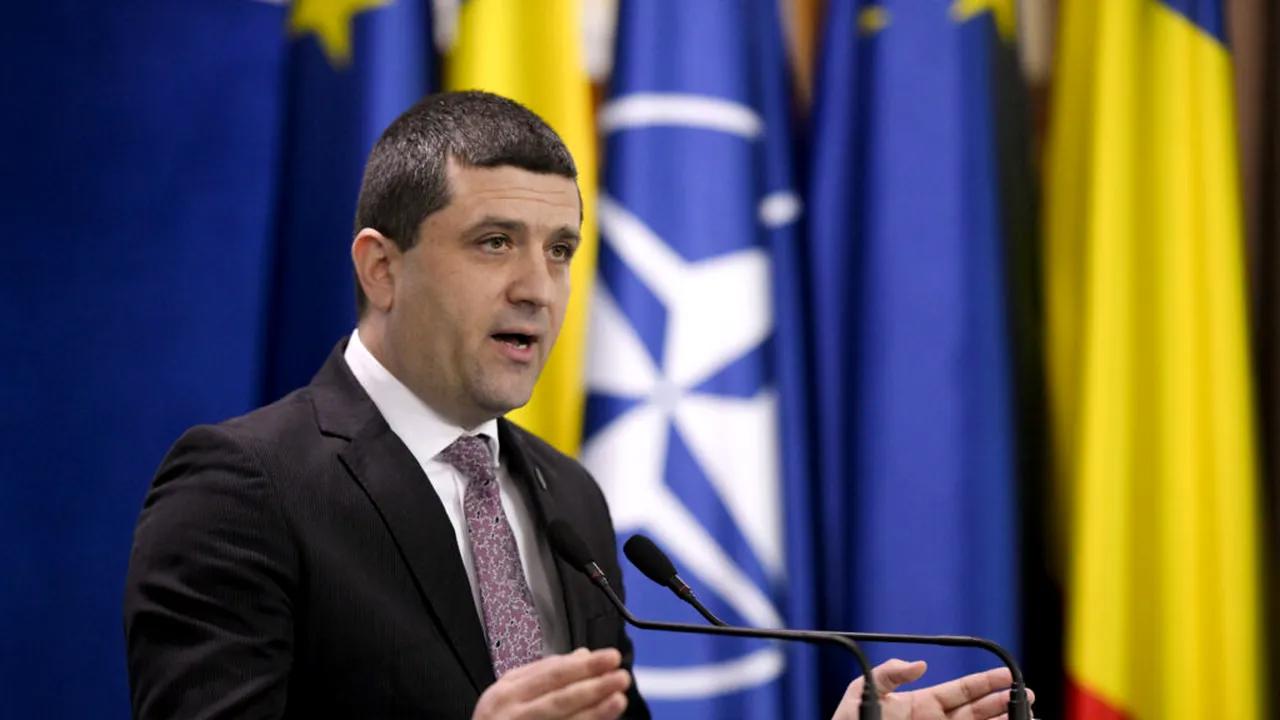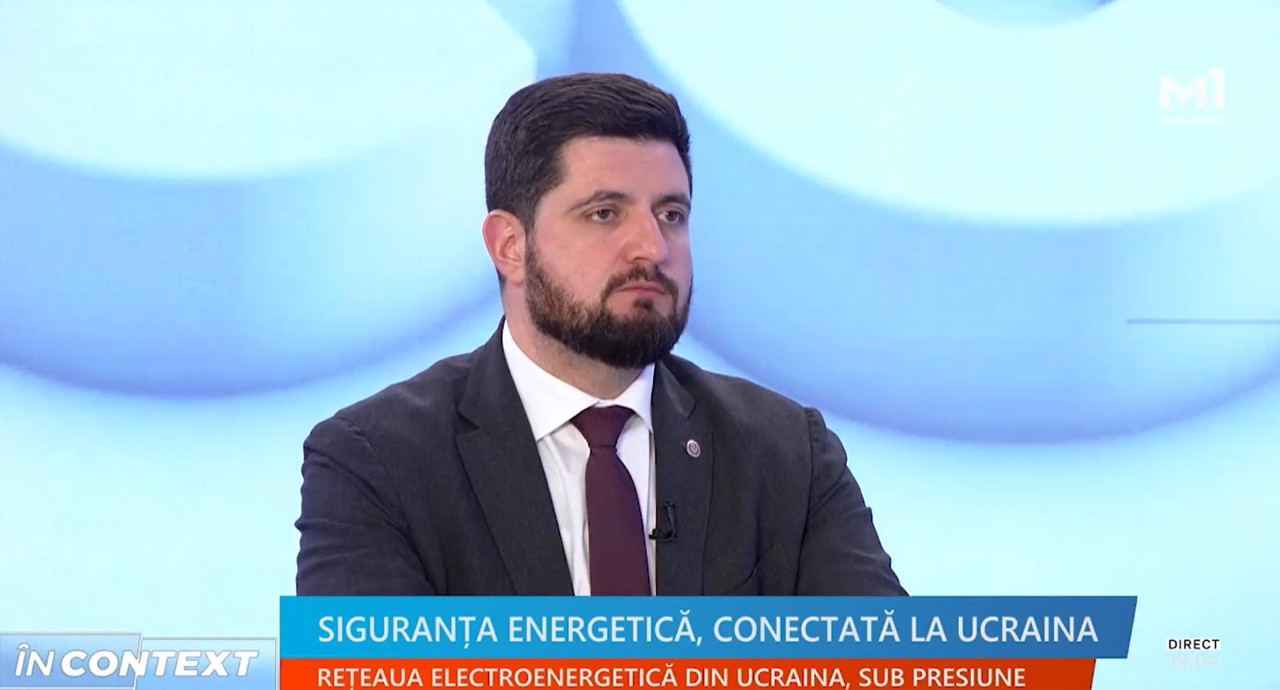Tiraspol rejects Chisinau’s proposal to resolve Transnistria crisis
Tiraspol has rejected Chisinau's proposal to hold a meeting with political representatives involved in the negotiations for the Transnistrian settlement, according to the Reintegration Bureau.

The meeting, originally scheduled for Friday at 10:00 AM, was intended to discuss a plan for delivering humanitarian aid to the residents of the Transnistrian region and establishing cooperation mechanisms to address the energy and social crisis.
According to the source, Chisinau sought Tiraspol's response regarding the delivery of coal from Ukraine to ensure the continued operation of the Moldovan Thermal Power Plant. Additionally, the proposal included identifying the critical needs of hospitals, schools, and social centers to ensure their proper functioning.
Another issue was facilitating ambulance access from the right bank of the Dniester to ensure that critically ill patients from the Transnistrian region could receive appropriate medical treatment. Chisinau also proposed the establishment of an ad-hoc group to manage the crisis, which would coordinate support measures and address the urgent needs of the population.
Since Tiraspol cited the insecurity of its representatives in Chisinau, the Moldovan authorities suggested holding the meeting in a videoconference format. However, Tiraspol rejected this option.
Recent meetings between political representatives in the negotiation process have been held exclusively in areas outside the control of constitutional authorities, with limited access for journalists from the right bank of the Dniester.
"Chisinau remains open to dialogue and ready to help citizens in areas outside the control of constitutional authorities. We believe that, under the current circumstances, even a videoconference meeting would be a step forward: we would succeed in unblocking certain processes that could help citizens in need," the Bureau's statement reads.
The Russian energy giant Gazprom stopped natural gas deliveries to the Transnistrian region starting January 1. As a result, most localities have experienced widespread disconnections of gas, hot water, and heating.
Experts suggest that the current energy and social crisis on the left bank of the Dniester was artificially created by the Russian Federation as part of a broader strategy to destabilize the Republic of Moldova ahead of this year’s parliamentary elections. This situation could be used to gain political capital, with the opposition potentially positioning itself as “saviors” to the electorate.
Translation by Iurie Tataru






